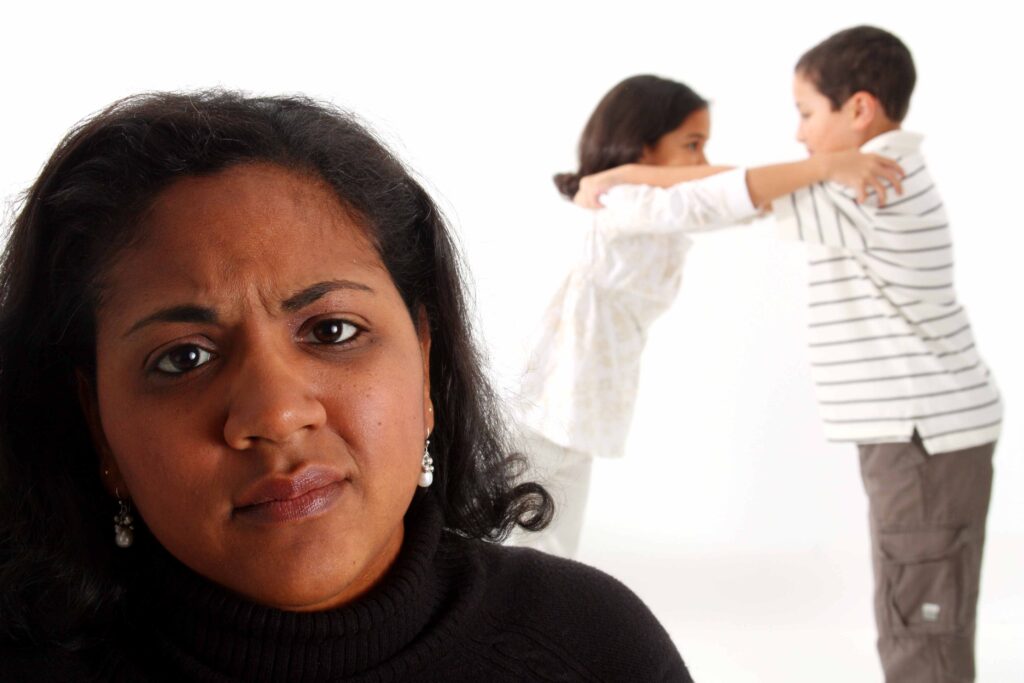
Why do children get angry?
Anger is a strong feeling of annoyance, displeasure or hostility; it is a natural emotion, a defensive response to perceived threat. A young child has not yet learnt to control their anger, which can be displayed by screaming, shouting and lashing out, to the point of no longer knowing why they are angry; these are known commonly as tantrums.
Why is it important to manage anger?
As a child grows, tolerance to tantrums from society will reduce. They are more and more consequence to these tantrums and behaviours.A child who does not learn to manage anger may continue this behaviour into their teenage years and potential adulthood. The consequence as an adult are grim and can include being at risk of social isolation and ultimately prison.
What can a parent do?
As parent, we need to teach our children to manage their anger, and the tantrums should reduce as a child matures and learns to control their anger. During an outburst, we can help in the following ways:
Stay calm – if you get angry too, it will be fuel to your child’s fire.
Reinforce your boundaries – “it is ok to be angry, but it is not ok to hit me”.
Don’t try to reason with your child in the heat of anger – they are not capable of it at that time, wait until they have calmed down.
Empathise with your child – “I can see you are upset, I know it is hard”.
Stay near your child – “I know you are angry now, but I am here when you need me”.
Restrain if you have to – if your child is trying to physically harm themselves, or someone else, you may have no choice; the storm will eventually break.
When the anger has passed, your child will come to you for reassurance and support; it is important to provide this, and not to punish them for simply having been angry, as this will develop negative feelings about anger as they grow. Your support will teach your child that anger is natural, temporary and nothing to be afraid of.
Anger v behavioural issues
When a child is having a genuine tantrum or meltdown, they will be lost in their anger and aggression and will have forgotten about you. If your child is eyeballing you however, and watching you for reaction when they do something, such as swearing, breaking or throwing things, this is not anger; this is a behavioural issue, and your child trying to manipulate you.
When to call for help
It is natural for children to display anger, as it is a natural emotion, and they should learn to control it as they grow older. Not all children learn to cope with anger, and they may continue to have tantrums, remain angry for long periods of time and not let it go, or it may escalate with age; this can be an indication that there may be an underlying condition that requires investigation, and it is best to refer your concerns to your medical practitioner.
If you believe you could benefit from Parent Coaching for a child that seems to be displaying angry behaviours, please email us at info@angermanagement.ca and speak to a coordinator about registering for our Parent Coaching program.